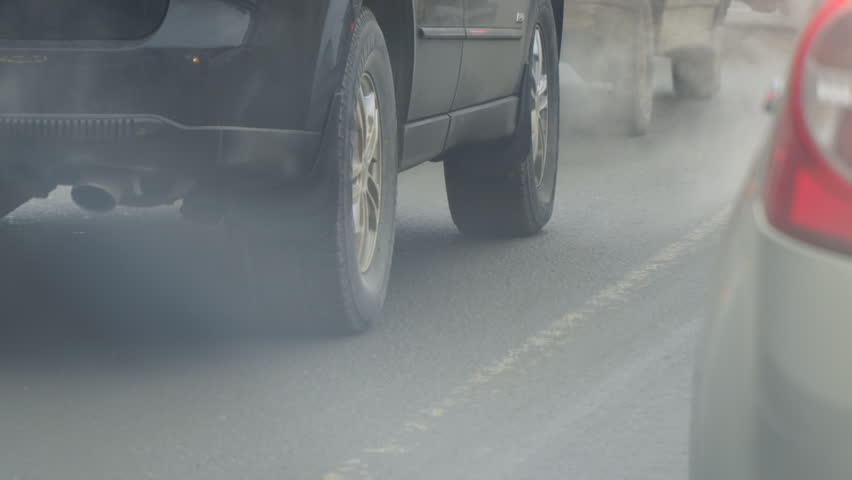 English
English

As the number of vehicles on roads is on a rise, so is the traffic. And this can elevate an individuals’ risk of getting a stroke even in low-pollution environments!

Washington D.C: As the number of vehicles on roads is on a rise, so is the traffic. And this can elevate an individuals' risk of getting a stroke even in low-pollution environments!
Yes, high levels of traffic exhaust at one's residence increases the risk of stroke, according to a study published in the journal Environmental Health Perspectives.
Also Read: Automobiles seem to be a 'bigger polluter' than firecrackers, observes SC
Researchers in the study suggested that it is mainly black carbon from traffic exhaust responsible for causing stroke and not particulate matter emanating from other sources.

Black carbon is the sooty black material emitted from gas and diesel engines, coal-fired power plants and other fuels. In city environments, emissions come mainly from road traffic.
These particles have previously been linked to negative health effects, especially in studies of heavily polluted environments.
Also Read: Workers and ventilation system pollute office space
Researchers at Karolinska Institutet, University of Gothenburg, Umea University, the Swedish Meteorological and Hydrological Institute and SLB analysis-Environmental unit in Stockholm have shown that long-term exposure to traffic exhaust at the residential address increases the risk of stroke in Swedish towns.
"This study identifies local traffic exhaust as a risk factor for stroke, a common disease with great human suffering, high mortality and significant costs to society," said lead researcher Petter Ljungman.
"We see that these emissions have consequences even in low-pollution environments," Ljungman added.
Researchers followed almost 115,000 middle-aged healthy individuals living in Gothenburg, Stockholm and Umea over a period of 20 years.
During this time, some 3,100 of the people suffered a stroke.

With the help of dispersion models and emission inventories, the researchers were able to estimate how much different local emission sources, including from traffic exhaust, road wear and residential heating, contributed to particulate matter and black carbon at specific addresses in these cities.
They found that for every 0.3 micrograms per cubic meter (mg/m3) of black carbon from traffic exhaust, the risk of stroke increased by 4 per cent.
Also Read: Pollution in cities damaging ecosystems
Similar associations were not seen for black carbon emitted from residential heating or for particulate matter in general, neither from inhalable particles with a diameter of 10 micrometers or less (PM10) or from particles with a diameter of 2.5 micrometers or less (PM2.5).
"Black carbon from traffic exhaust could be an important measure to consider when assessing air quality and health consequences," Ljungman opined. (ANI)